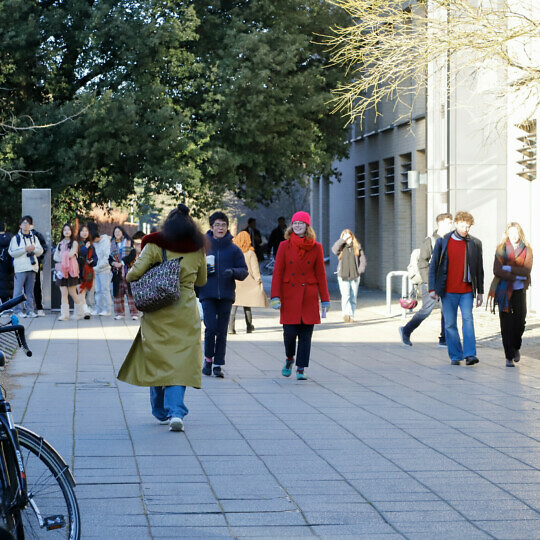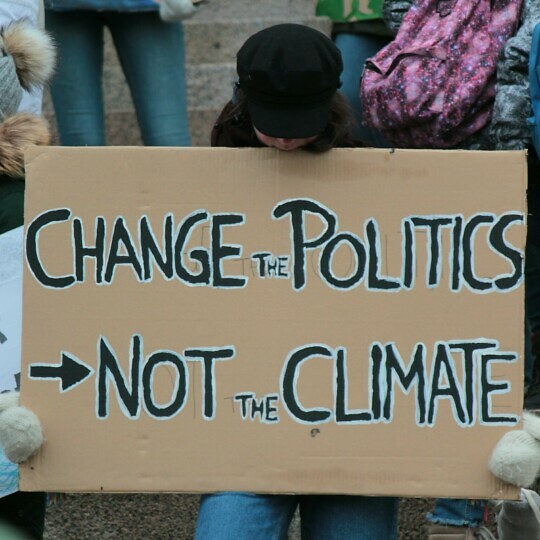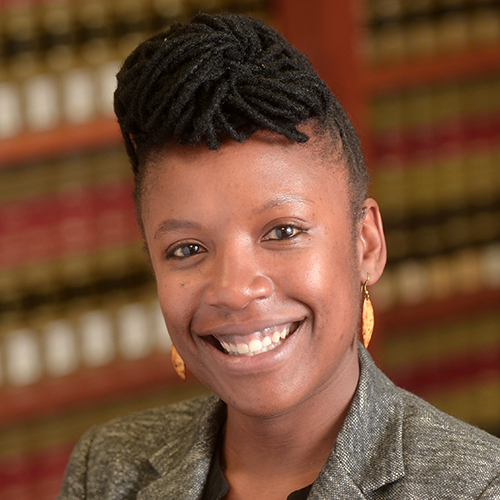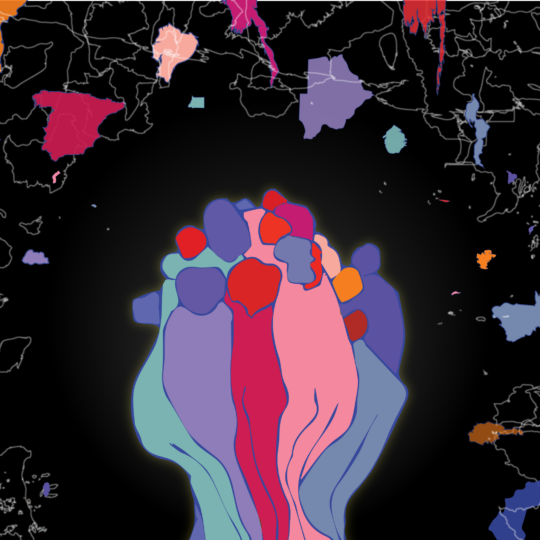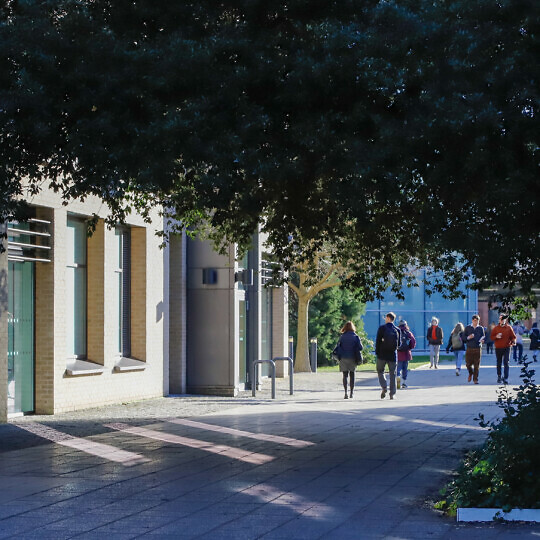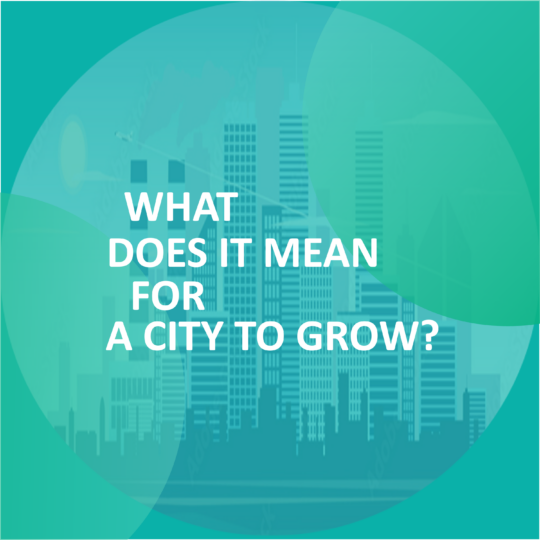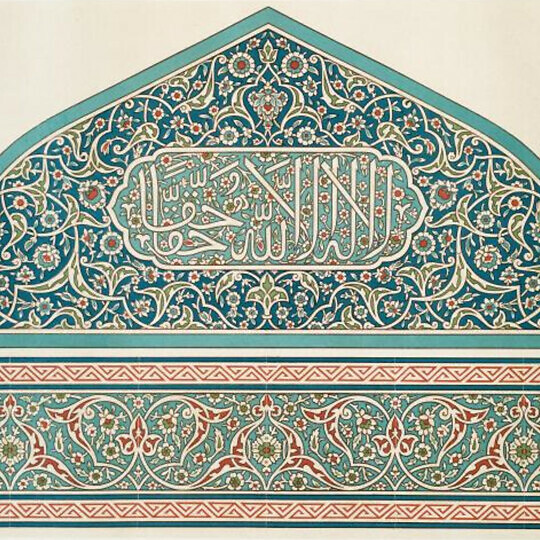| 7 Apr 2022 - 8 Apr 2022 | All day | Online | |
- Description
- Programme
- Call for papers
Description
Convenors
- Courtney Hallink (University of Cambridge)
- Nabila Idris (University of Cambridge)
- Anna Wood (University of Cambridge)
Summary
The Covid-19 pandemic has magnified the importance of global access to social welfare while also highlighting the limits of our current welfare systems. This is situated in a global context of closing borders and decades of welfare cuts. This conference seeks to challenge the often-unquestioned assumption that social welfare systems always produce greater equality. It will bring together scholars thinking about the various challenges that prevent the expansion of welfare systems and limit their emancipatory power.
The conference will take place over two afternoons on 7 and 8 April 2022 and will have four thematic sessions:
Session 1: Covid-19
The Covid-19 pandemic has shed light on the contradictions between the interests of capital and the importance of adequate social welfare systems for subsistence including adequate healthcare provision. This session will bring together individuals working on social welfare in the age of Covid-19.
Session 2: Austerity
This session seeks to complicate existing accounts on austerity and asks how charges of affordability are used to justify social spending cuts. The extension of social welfare programmes worldwide after the onset of the Covid-19 pandemic suggests that ‘affordability’ is only part of the story.
Session 3: Citizenship and borders
The Covid-19 pandemic has magnified the role of borders in protecting national welfare systems. This session seeks to provoke conversation on the exclusionary power of citizenship from both a historical and contemporary perspective. It will situate this in the post-colonial context and ask how we can theorise exclusion from social welfare based on citizenship as a form of border imperialism.
Session 4: Work
Social assistance for unemployed adults has long been a particularly contentious area of social policy. Individuals with the ability to work are expected to earn their subsistence through wage-labour. However, with rising unemployment and declining wages, the physical ability to work no longer guarantees that individuals will be able to sustain themselves through work alone. This session will bring together scholars thinking about the importance of work to our current social imaginaries and ask how our moral attachment to work impedes our creativity when imagining new welfare systems that are truly emancipatory.
Speakers
- Franco Barchiesi (Ohio State University)
- Manali Desai (University of Cambridge)
- Liz Fouksman (Kings College London)
- Hangala Siachiwena (University of Cape Town)
- Peter Sloman (University of Cambridge)
- Karyn Vilbig (New York University)
If you have specific accessibility needs for this event please get in touch. We will do our best to accommodate any requests.
Supported by

Programme
| 7 April 2022 | |
| 12:00 - 12:15 | Opening remarks Courtney Hallink (University of Cambridge) |
| 12:15 - 13:30 | Session 1: Covid-19 Chair: Anna Wood (University of Cambridge) ‘Counteracting urban indigency and risk in the absence of adequate non-contributory social assistance programs: Zimbabwe’s informally employed urbanites during the Covid-19 pandemic’ ‘How to deny social protection to labour: Covid-19 and beyond in Bangladesh’ ‘Translating the moral to the material: the ‘ex gratia’ Indian state’ ‘Covid-19, elections, and social protection in Zambia’ |
| 13:45 - 15:00 | Session 2: Austerity Chair: Nabila Idris (University of Cambridge) ‘Expansion of welfare or the poor subsidising welfare? Post-pandemic use of Social Welfare Funds in India’ ‘(After) Neoliberalism? Rethinking the return of the state’ ‘The transfer state, the Covid pandemic, and the politics of UK social policy’ ‘How neoliberalism prevails through social policy: tracing dialectic state formation in Zambia’ |
| 8 April 2022 | |
| 12:00 - 13:15 | Session 1: Citizenship Chair: Manali Desai (University of Cambridge) ‘The citizen and the other in the pandemic: reflections on the socioeconomic vulnerability of Roma migrants in the European Union’ ‘The limits of South Africa’s democratic turn: the legacy of colonial unemployment insurance legislation’ ‘The radicalisation and racialisation of the workfare state in intra-EU mobility regimes’ |
| 13:30 - 14:45 | Session 2: Work Chair: Franco Barchiesi (Ohio State University) ‘Why not join social welfare? Why join social welfare? Vulnerabilities, (self)-empowerment and resistance of the self-employed cultural workers in Guangzhou, China’ ‘Overtime work, welfare and social reproduction: global factory workers in China and Vietnam’ ‘Seeking state care: navigating multiple paradigms in Indian state service provision’ ‘Do Americans still hate welfare?’ |
| 15:00 - 15:20 | Keynote Liz Fouksman (King’s College London) |
| 15:20 - 15:45 | Discussion |
Call for papers
CLOSED Call for papers: The state and social welfare in the 21st century
Online conference, 7-8 April 2022
Deadline for abstracts: 31 January 2022
The Covid-19 pandemic has magnified the importance of global access to social welfare while also highlighting the limits of our current welfare systems. This is situated in a global context of closing borders and decades of welfare cuts. This conference seeks to challenge the often-unquestioned assumption that social welfare systems always produce greater equality. It will bring together scholars thinking about the various challenges that prevent the expansion of welfare systems and limit their emancipatory power.
The conference will bring together scholars working on topics broadly related to challenges facing contemporary welfare systems and their power to reduce global inequality.
It will have four sessions: Covid-19 and social reproduction; the future of work and mass unemployment; austerity; and citizenship and borders.
We welcome papers of around 8000 words. Each presenter will be given 15-20 minutes to present their paper.
Please indicate which session you would like to present in and submit a 200-word abstract to clh203@cam.ac.uk.


